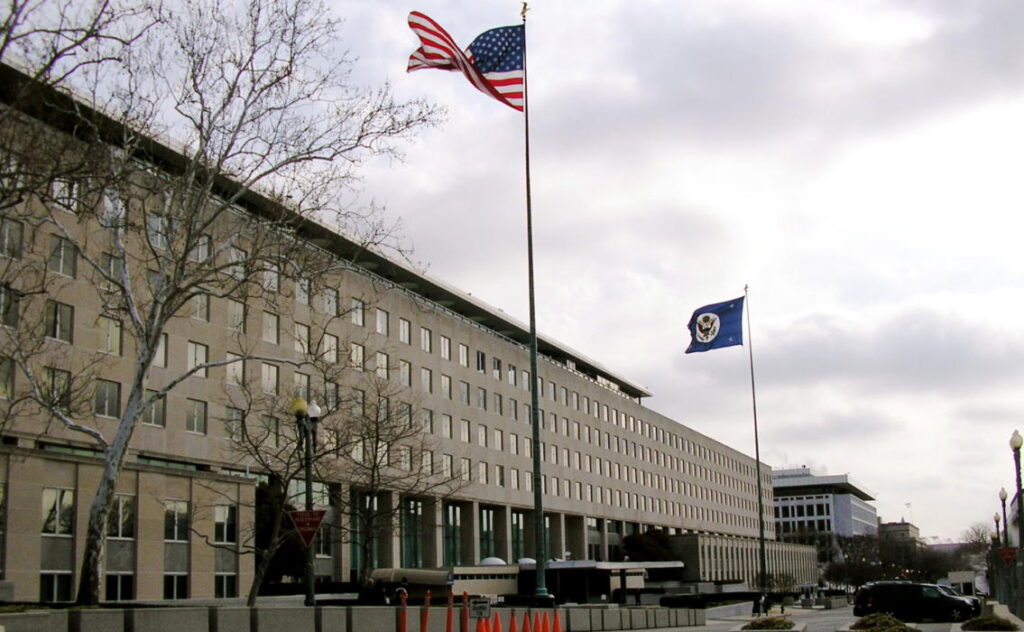The Dionne Award (named for Washington Post columnist E. J. Dionne) is given at the whim of this blog. The award is presented to a “habitually even-tempered and fair-minded commentator for excellence in expressing moral outrage”. This week the inaugural Dionne Award goes to Boston Globe columnist Brian McGrory for his superb and lacerating series of columns on excessive CEO compensation at the Massachusetts-based insurer, Liberty Mutual.
If you’re unfamiliar with his work, McGrory is as fair and even-handed an opinion columnist as there is. If the main point of one day’s column is criticizing the tactics of one political party or candidate, it’s all but certain that he’ll include a reminder that the other party or candidate has engaged in similar tactics—often citing chapter and verse.
His most “partisan” and “vindictive” writing over the years typically has been directed at the snobbish residents of the affluent suburban town of Hingham, MA where (irony alert!), McGrory now lives. McGrory’s columns often contain a dose (or more) of his wry, self-deprecating sense of humor.
But not these columns about recently retired Liberty Mutual CEO Tom Kelly’s $50 million a year compensation package…and the $200,000 a year Liberty’s board members get paid…and the $46.5 million tax break the company got from the state for keeping its headquarters in Boston…and the five (5) corporate jets Liberty houses at Hanscom Air Field. This is a veteran journalist’s reporting instincts married to a columnist’s finely honed craft of wordsmithing—all in the service of expressing moral outrage.
Some examples:
“At some point in the future, maybe 50 years from now, maybe a century, historians will look back at this era as the time when America basically lost its collective mind.”
“This isn’t fair market value; it’s a rigged game: executives hurling bundles of money at each other, then using the raises as benchmarks. Is there a synonym here for grotesque?”
“We’re in an era of princes and paupers, mansions and minions, with income inequality here rivaling developing countries like Uganda and Cameroon and tax policies that favor the uber-rich.”
“The corporate world thinks this is business as usual, the way things are supposed to be. It’s really nothing short of obscene, more evidence of an unparalleled age of greed.”
“But $50 million in annual pay to run an insurance company, along with a veritable air force at your beck and call, says everything about absurd values, about profound disproportions, about a level of greed inexplicably and dangerously accepted as normal.”
“The characters in “Deliverance” weren’t as incestuous as these (corporate) boards are interlocking. We’ve been through this before, but never enough: NStar chief executive Tom May sits on Liberty Mutual’s board. A Liberty Mutual official sits on the NStar board. Many of them sit on the Bank of America board.”
“…the entire tawdry system of corporate oversight and governance has to be blown up and rebuilt.”
Fair and nuanced right down to the last pixel, McGrory takes pains to repeat himself:
“This is not a screed against the rich. You invent something, you found a business, you excel in sports or the arts, you deserve whatever the world pays you. But when you’re the CEO of a public company, or in this case, a mutual owned by the policy holders, you are a steward, not a lord, and this kind of pay and these kinds of perks are a thumb in the eye of common decency and sense.
This is not even a screed against Kelly, by every measure a brilliant businessman and, according to the downtown crowd, a philanthropic and likable guy.
But $50 million in annual pay to run an insurance company, along with a veritable air force at your beck and call, says everything about absurd values, about profound disproportions, about a level of greed inexplicably and dangerously accepted as normal.”
In fact, it is those last lines that are characteristic of Messrs. Dionne and McGrory, and (we hope) of future winners of the Dionne Award. If CEO pay has risen high enough to provoke this kind of writing from the mild-mannered Brian McGrory, then CEOs and their hand-picked boards of directors had best take heed. Mobs with pitchforks may not be far behind.
Note: In the interests of full disclosure, this blog did not consult E. J. Dionne before (or since) creating the Dionne Award. Nonetheless, this blog remains confident that Mr. Dionne would heartily endorse* Mr. McGrory’s recognition as the first recipient of the Dionne Award.
*As would McGrory’s late aunt Mary who knew a thing or two about the fine art of opinion writing.
Crossposted at: http://masscommons.wordpress.com/
